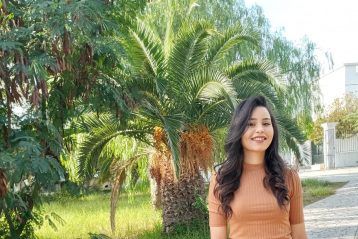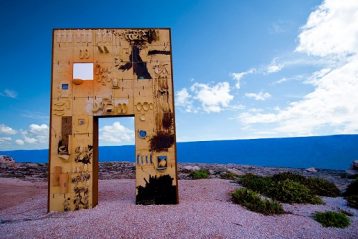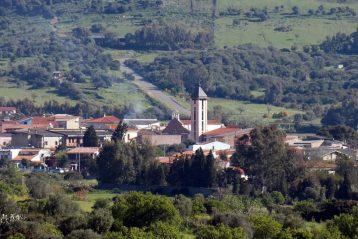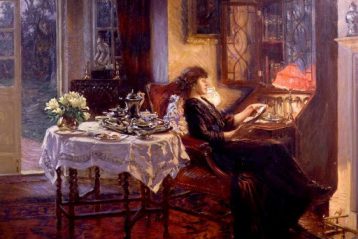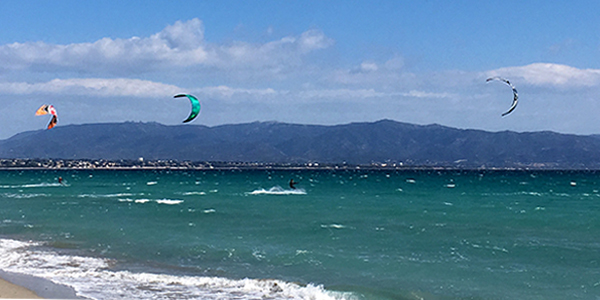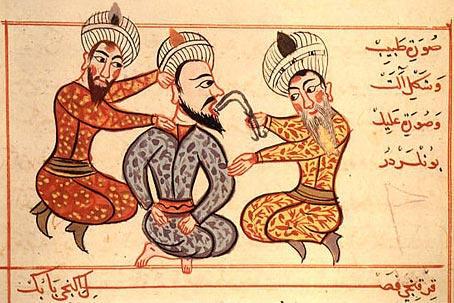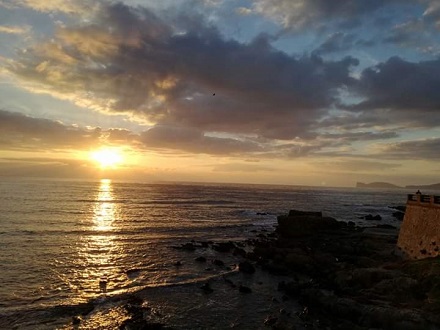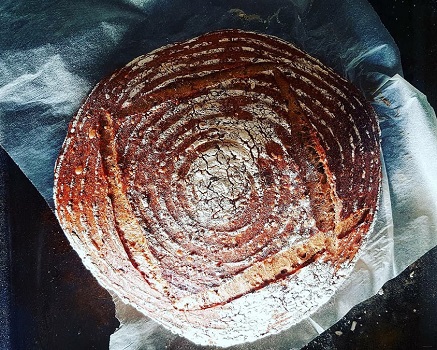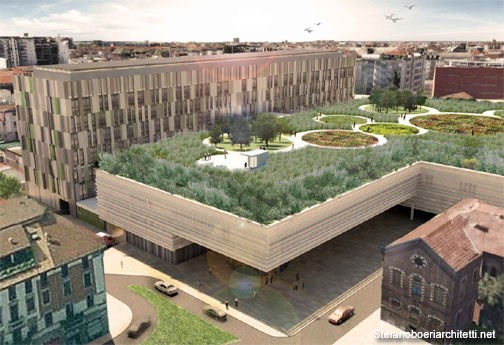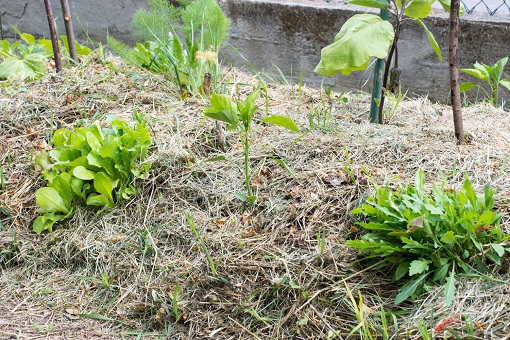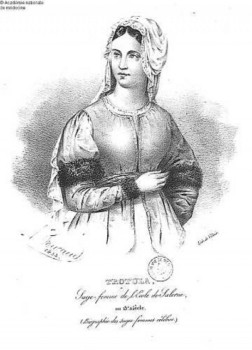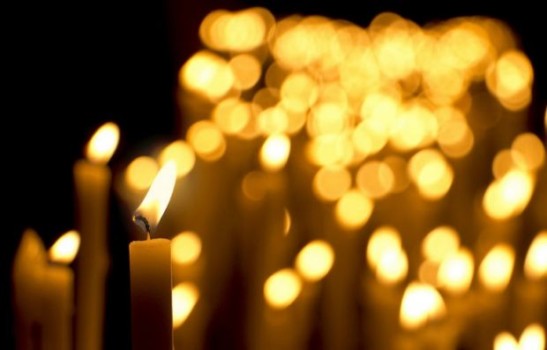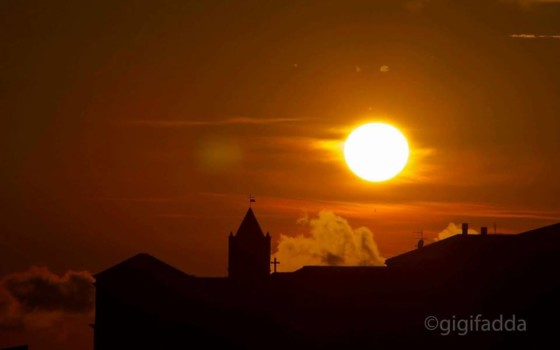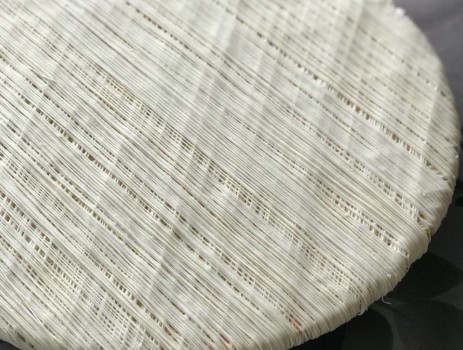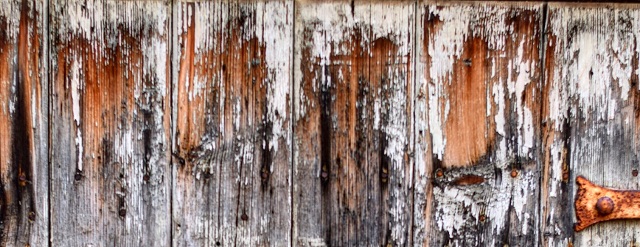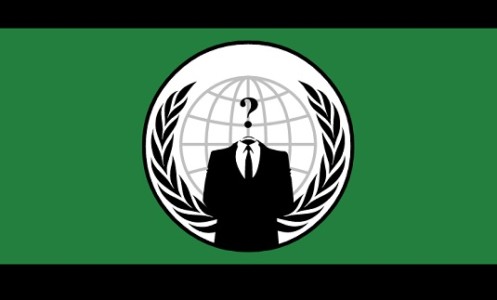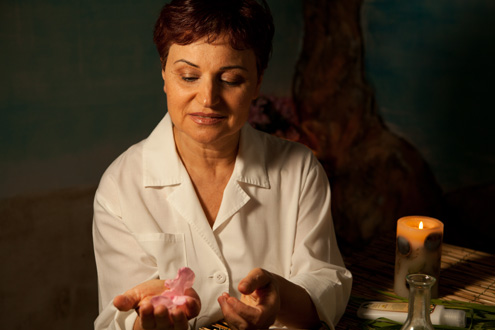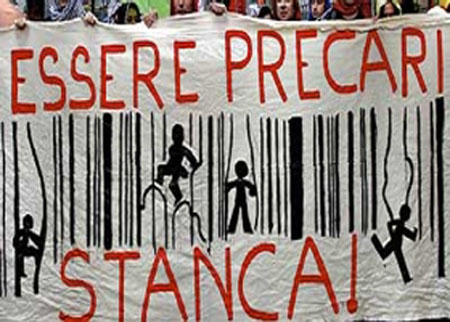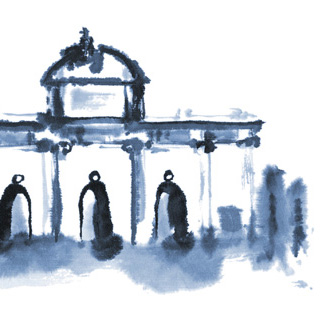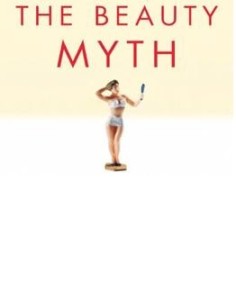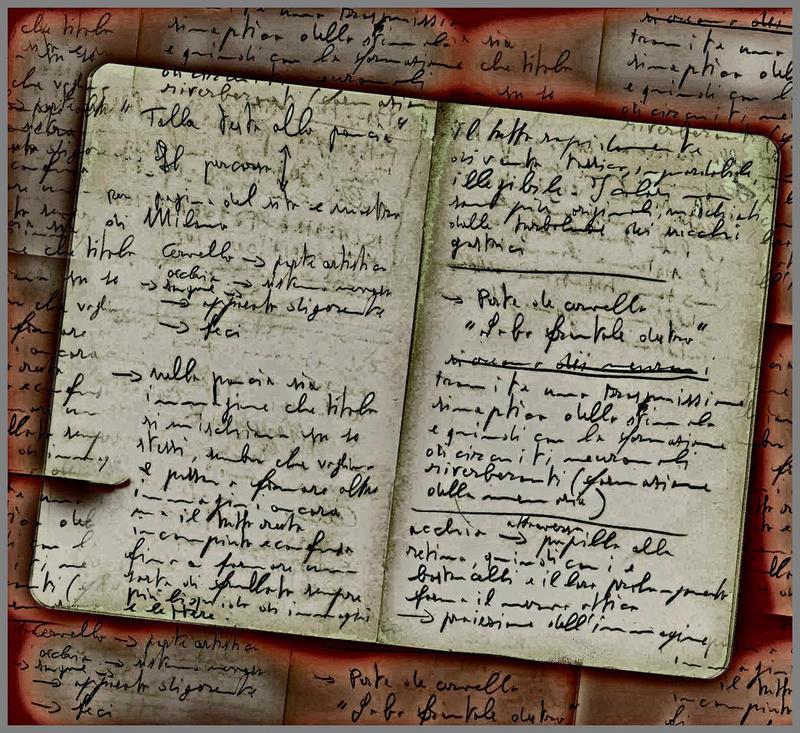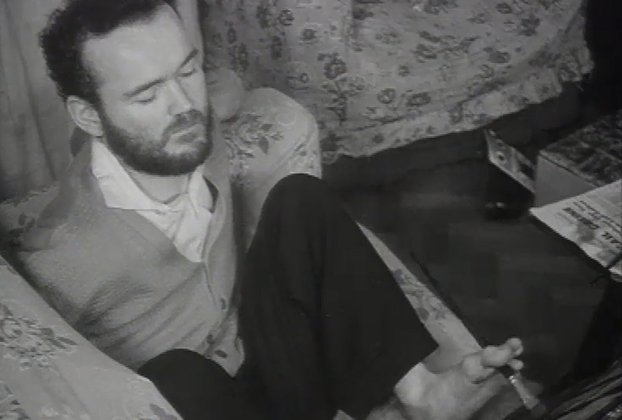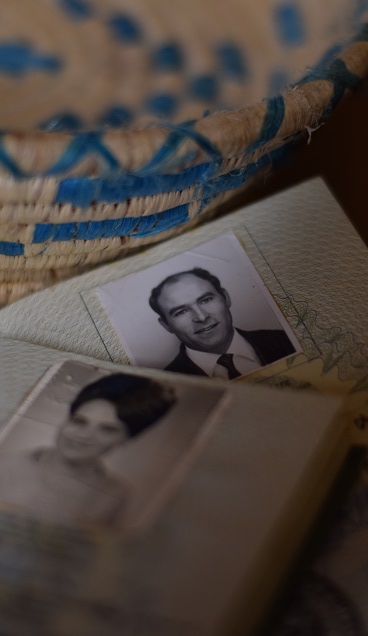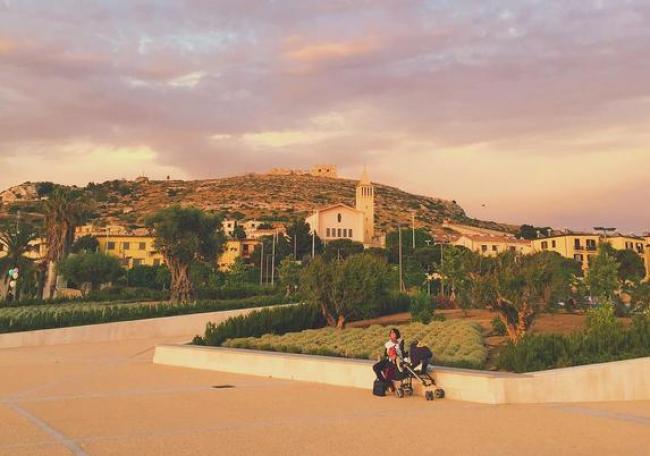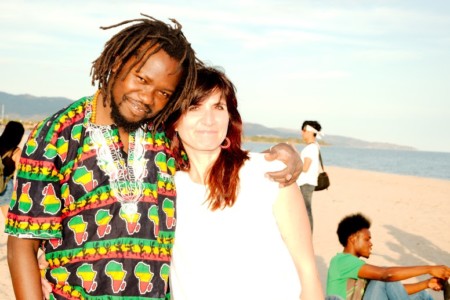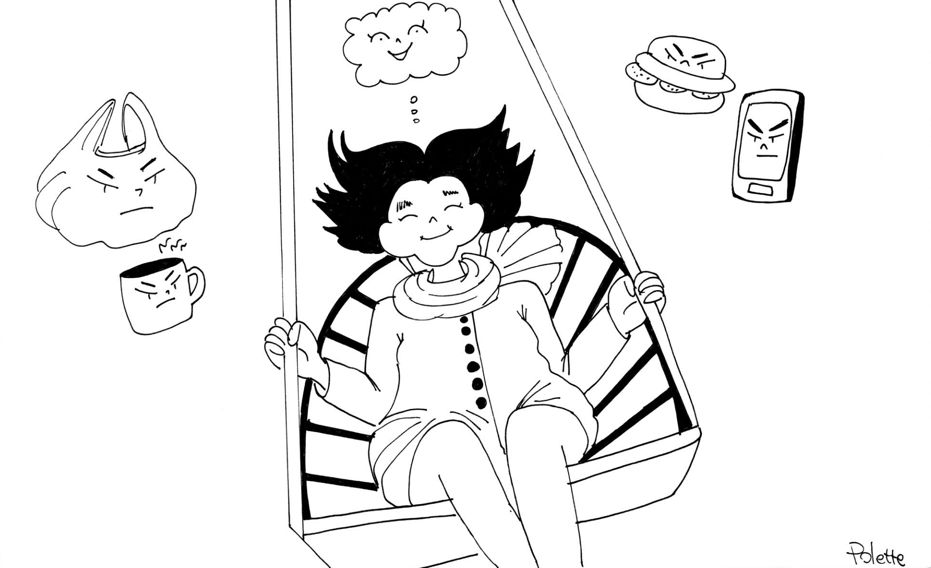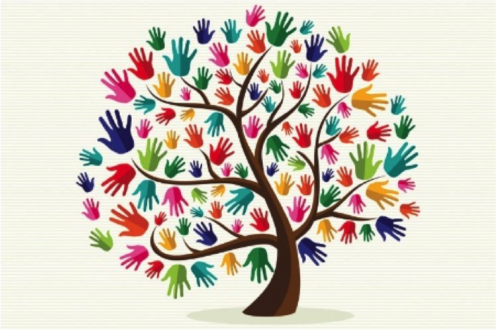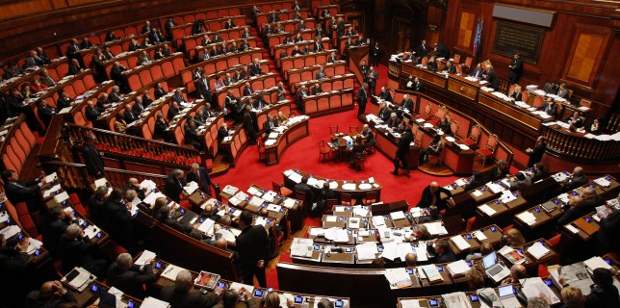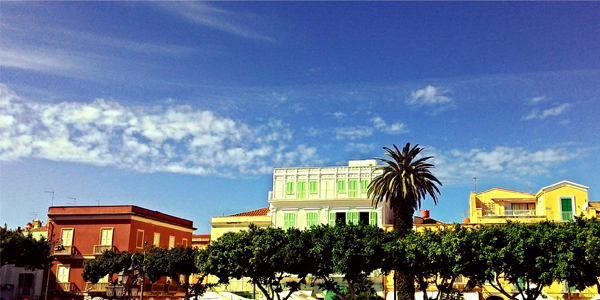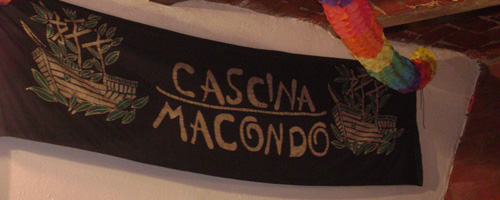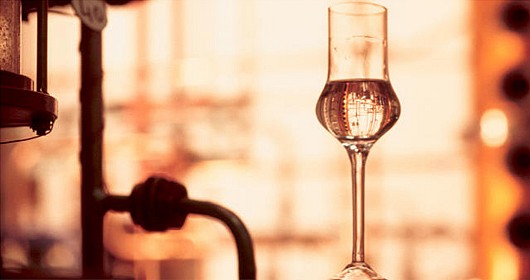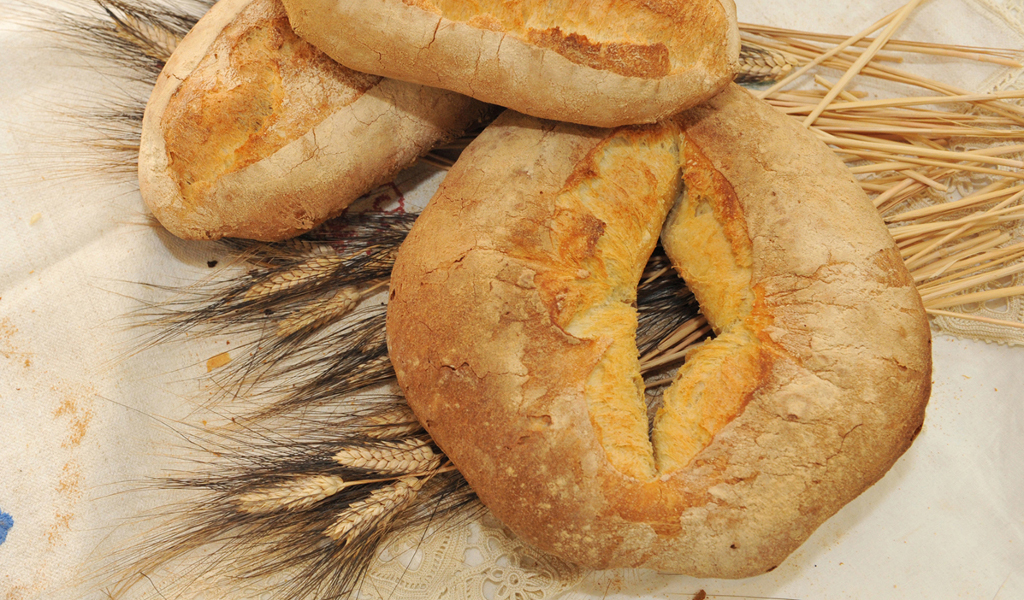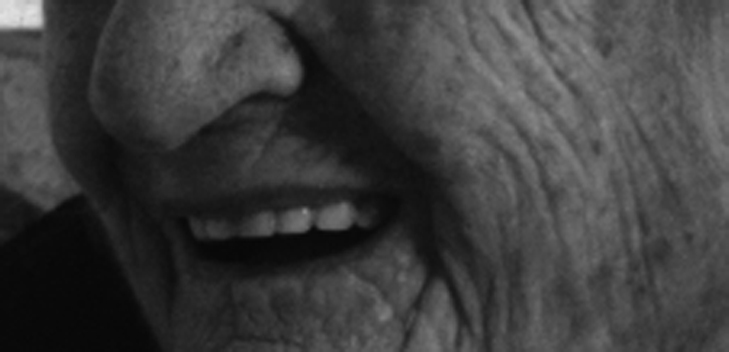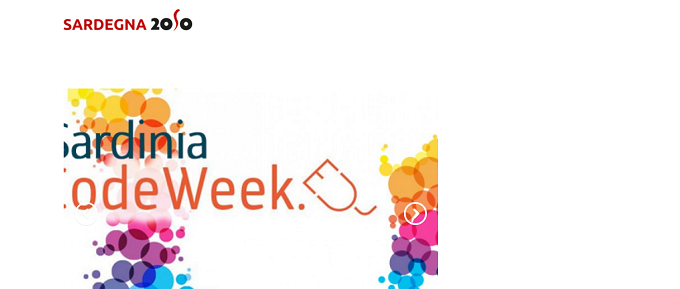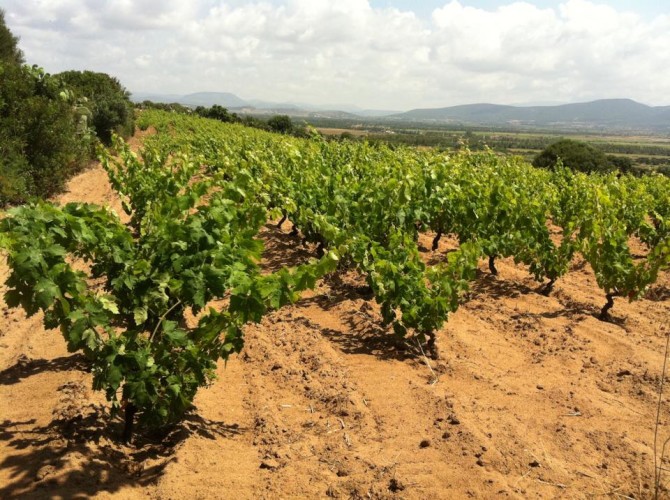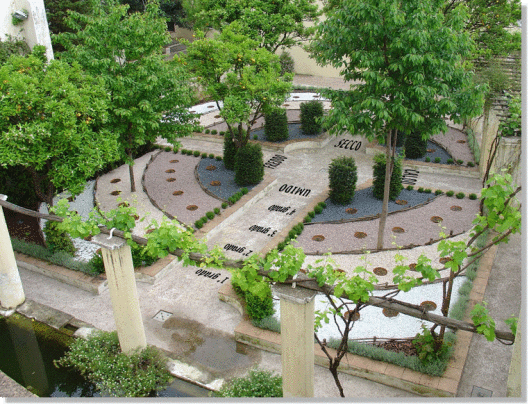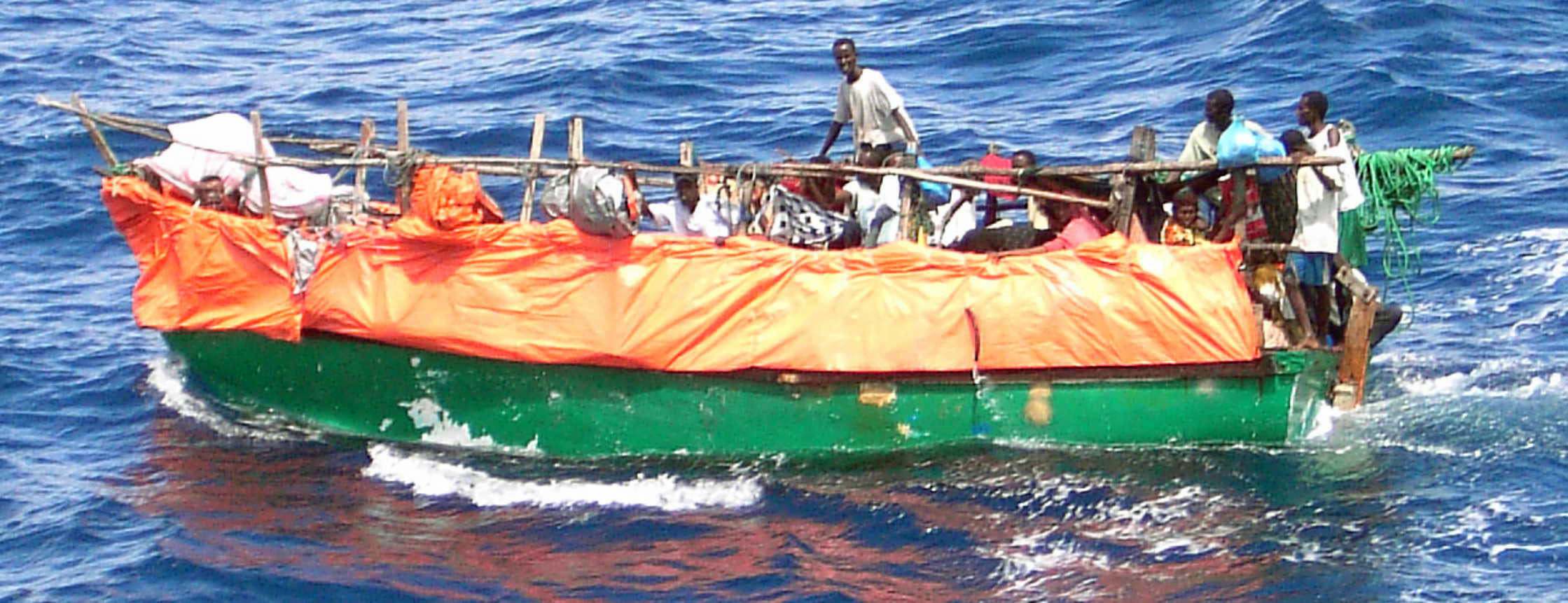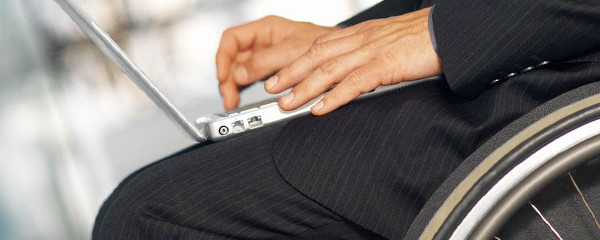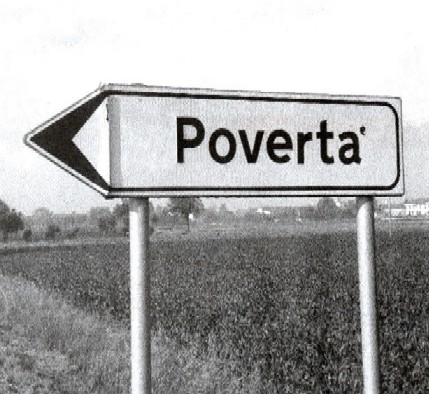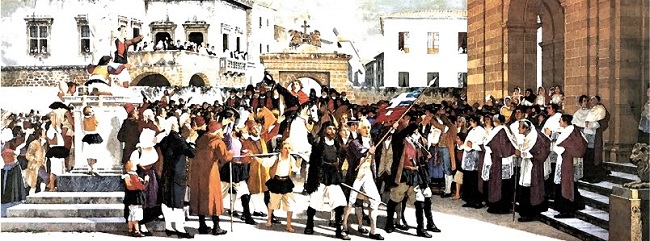On 9 December, 2008, Mihael Jarc, the member of Ljubljana City Council walked into the headquarters of Municipality of Ljubljana, and put in an application for a referendum.
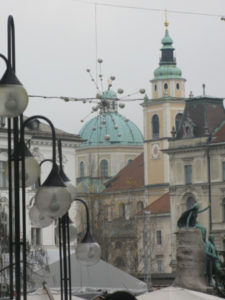
In his mind this democratic, however costly procedure could be used to prevent the building of a mosque in the capital of Slovenia. Formally, the question in referendum was to be about the height of the minaret. The suggested 40 meters were too much in Jarc’s mind. »The minaret is a statement: ‘here we are, we are not going away,’« he said. With the pronoun »we« he was referring to the Islamic community.
Slovenia is a largely Roman Catholic country with a small but important Protestant community to the east, on the borders with Hungary. The Muslim community is the second largest with some 50.000 believers. Since 1969, the Muslims in Slovenia were attempting to build an Islamic centre which they would use for cultural and religious purposes, and a mosque with a minaret; now they have to pray in the large sports hall Tivoli.
In the past, however, a few nationalist residents of Slovenia, some local and state politicians from the right side of the political spectrum, and even important members of Roman-Catholic church found several excuses why there should be no mosque in Ljubljana. Among the more absurd were, that its minaret will spoil the veduta of Old Town, and that the mosque itself will cause the flooding of the southern, swampy side of the town.
Mihael Jarc, who was elected to the City Council through an obscure party called Lista za cisto pitno vodo (List for Clean Potable Water), managed to secure 241 signatures for his referendum application. However, the application was incomplete and he was asked to fill in the missing documents. If he does that, the municipality will present him with a special form which he will use to gather the additional 11.000 signatures required to call a referendum.
On the other hand, the mayor of Ljubljana Zoran Jankovic already said that there will be no referendum on this topic, and he called upon the Ljubljanians not to fall for such provocations. According to him, the actions of Mihael Jarc are »cheap populism.«
It seems that Ljubljana needed an atheist mayor who became a politician under the stress of circumstances to light a green light for the building of mosque. Although it is a human right to believe in the God of one’s own choice, for some Slovenians this right belongs only to the followers of the Roman Catholic Church. The latter has more than 3000 places of worship scattered around hills and valleys of Slovenia; nevertheless it fears a single mosque.
In the past, religion played an important role in the Balkans. In the 1990s, it fuelled a horrible war; Slovenia was luckily more or less left out of it. Nevertheless, people of different faith managed to leave peacefully alongside for years in most of the republics of former Yugoslavia. Sarajevo, the capital of Bosnia and Herzegovina, for example, was one of the most cosmopolitan cities before World War II. Today, it is collectively remembered as the symbol of inhuman atrocities. And yet it was during WWII in Sarajevo, that a Muslim librarian Dervish Korkut risked his life to save the famous Sarajevo Haggadah and gave shelter to a Jewish girl Mira Pappo (read the full story The Book of Exodus in The New Yorker magazine).
It seems that Mihael Jarc’s actions have (one or both) two reasons: to fuel the fear of difference that smolders in some Slovenes and thus reinforce his own prejudice; or he is simply trying to collect cheap political points. There is one thing Mihael Jarc could do with more success and dignity: strive for clean potable water.



